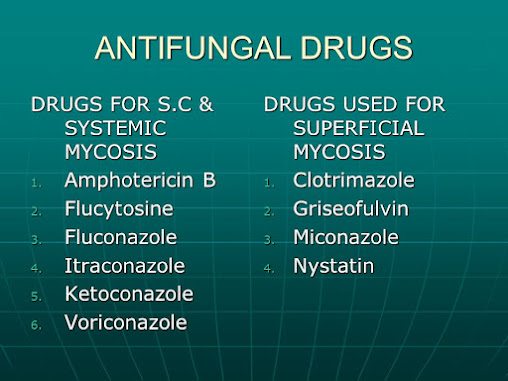Different Types of Antifungal Medicines | Aark pharmaceuticals
Antifungal medicines are used to treat infections caused by fungi, including yeast infections, ringworm, and more serious infections such as candidiasis and aspergillosis. Fungal infections can affect different parts of the body including the skin, nails, mouth, and lungs, and can be caused by a variety of fungi including yeasts, molds, and dermatophytes. Antifungal medicines work by killing the fungus that is causing the infection or preventing it from growing and spreading.
There are several different types of antifungal medicines, including:
- Azoles
Azoles are a group of antifungal medicines that work by blocking the production of ergosterol, a component of the fungal cell membrane. Without ergosterol, the fungal cell membrane becomes leaky, and the fungus dies. Azoles are effective against a wide range of fungi, including yeast infections, ringworm, and some molds. Azoles are available as topical creams, ointments, and oral medications. Examples of azole antifungal medicines include:
• Fluconazole • Itraconazole • Ketoconazole • Voriconazole
- Polyenes
Polyenes are antifungal medicines that work by binding to ergosterol in the fungal cell membrane, causing the cell membrane to become leaky and the fungus to die. Polyenes are effective against a wide range of fungi, including yeast infections and some molds. Polyenes are available as topical creams and ointments, as well as intravenous medications. Examples of polyene antifungal medicines include:
• Amphotericin B • Nystatin
- Allylamines
Allylamines are antifungal medicines that work by blocking the production of ergosterol in the fungal cell membrane. Without ergosterol, the fungal cell membrane becomes leaky and the fungus dies. Allylamines are effective against a wide range of fungi, including yeast infections and some molds. Allylamines are available as topical creams and ointments, as well as oral medications. Examples of allylamine antifungal medicines include:
• Terbinafine
- Echinocandins
Echinocandins are antifungal medicines that work by blocking the production of a key component of the fungal cell wall, called beta-glucan. Without beta-glucan, the fungal cell wall becomes weak and the fungus dies. Echinocandins are effective against a wide range of fungi, including yeast infections, ringworm, and some molds. Echinocandins are available as intravenous medications. Examples of echinocandin antifungal medicines include:
• Anidulafungin • Caspofungin • Micafungin
- Other Antifungal Medicines
There are also several other antifungal medicines that are used to treat fungal infections, including:
• Griseofulvin • Flucytosine
Griseofulvin is an antifungal medicine that is taken orally and works by interfering with the production of fungal cell walls. Flucytosine is an antifungal medicine that is taken orally or intravenously and works by blocking the production of fungal DNA.
When choosing an antifungal medicine, it is important to consider the type of fungal infection you have, as well as the severity of the infection and any other medical conditions you may have. It is also




Comments
Post a Comment